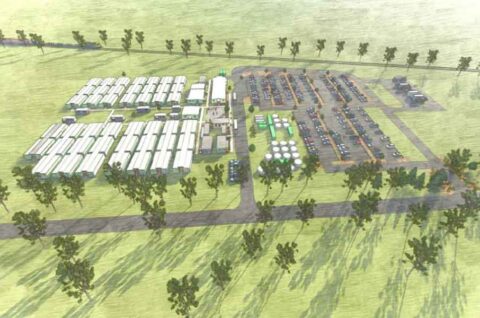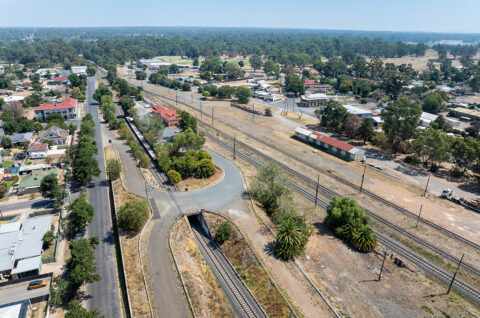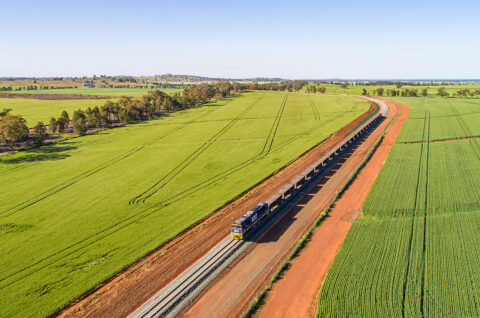Inland Rail closes in on $500 million spend with local companies
Newly released figures from Inland Rail show that the project has now spent close to $500 million with nearly 750 local companies on the Inland Rail alignment since construction on the project started in 2018, delivering a major boost to regional communities.
At end-September, Inland Rail had spent $496 million with local companies, with around $100 million with local companies over the last 12 months alone, as construction has continued in the Beveridge to Albury (B2A) section in Victoria and commenced in Stockinbingal to Parkes in New South Wales.
With Tranche 2 works set to launch shortly in the Beveridge to Albury section and environmental approvals now secured for Albury to Illabo and Illabo to Stockinbingal and construction expected to begin next year, regional businesses are set to further benefit from Inland Rail construction over the next year.
From the $496 million spent so far, around $46.5 million has been spent with thirty-six First Nations businesses in regional Australia, with $7.5 million spent in the last year.
Inland Rail has also continued to be a major jobs provider in regional Australia, with the project providing nearly 6,300 jobs at end-September, with just over half of these jobs being filled by local residents and nearly 480 First Nations workers employed.
Local businesses in New South Wales and Victoria can learn how to supply to Inland Rail by visiting: inlandrail.com.au/opportunities/suppliers/.
For construction job opportunities, visit Inland Rail’s construction contractors’ websites at: www.martinusrail.com.au/careers/ (Albury to Illabo and Stockinbingal to Parkes sections, southern NSW) or www.mcconnelldowell.com/people/career-opportunities (Beveridge to Albury, Victoria).
Stephen Jones, Inland Rail Executive Director Program Health, Safety, Environment & Sustainability, said:
“We are proud to be supporting local businesses as we deliver Inland Rail across Victoria and New South Wales, construction is bringing benefits to regional communities, with local content key to the program’s success.
“Inland Rail has worked extremely hard to engage with local businesses and help to bring them on board as suppliers, and these latest figures demonstrate the effectiveness of our approach.
“A major focus of Inland Rail has been to build skills in communities along the alignment, so local communities can participate and benefit from in this once-in-a-generation project and others in the future.”



